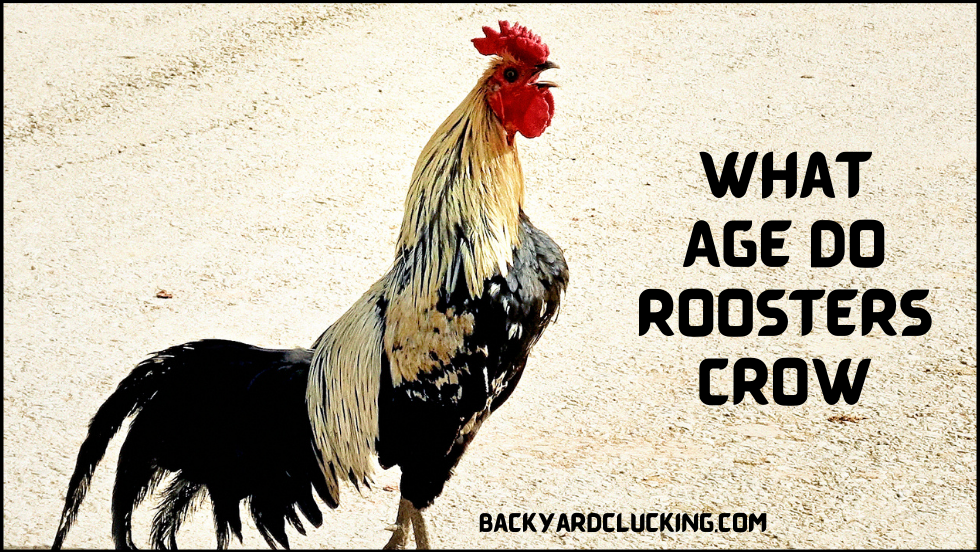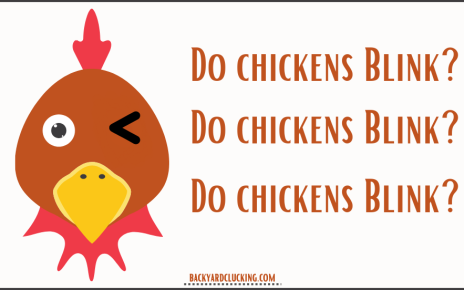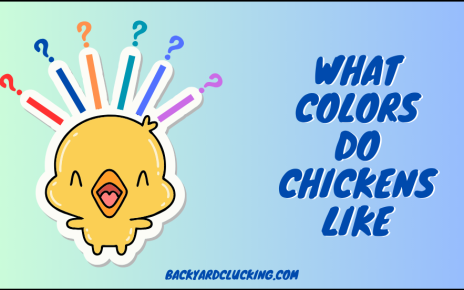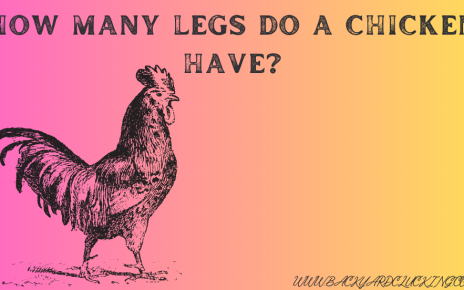Roosters are widely recognized for their distinctive crowing, a sound that has become synonymous with the break of dawn in rural and farming landscapes. However, a question that often arises is, “At what age do roosters begin to crow?”
This seemingly simple query actually entails a deeper understanding of avian development and behavior. Let’s delve into the fascinating world of roosters to uncover the answer.
What Age Do Roosters Crow?
A rooster typically starts crowing at around 4 to 5 months of age, when it reaches its sexual maturity. However, this can vary depending on the breed and individual bird’s development. Some roosters may start crowing as early as 2 months of age, while others may not crow until they are 8 months or even a year old.
On average, chickens can roam up to 250 feet from their coop, given plenty of land.
What is the reason behind the crowing of roosters?
Below are 10 most possible reasons for the roosters crowing:
- Communication: Roosters crow to communicate with the rest of the flock. They use their distinctive calls to indicate specific messages, such as announcing sunrise, warning others about potential danger, or calling for a group gathering.
- Signaling dominance: The frequency and volume of a rooster’s crow can indicate its physical strength and social status within the flock. The more assertive and dominant roosters tend to crow louder with longer durations.
- Attracting mates: Roosters use their distinctive calls to attract hens for mating purposes. Their crowing can advertise their strength, health, and availability to potential mates.
- Establishing territory: Similar to how dogs and cats mark their territories, roosters use their crowing to establish and defend their territory. The sound of their crow serves as a warning to other roosters to stay away.
- Internal clock: Roosters have an internal biological clock that tells them when to wake up and start the day. Their crowing at sunrise is an instinct that helps them keep track of time.
- Hormonal changes: Testosterone and estrogen are responsible for rooster’s crowing. As they reach sexual maturity, these hormones increase in their bodies and result in the start of crowing behavior.
- Learned behavior: Roosters also learn to crow from observing other roosters within their flock. As they grow older, they mimic the calls of other roosters and eventually develop their unique crow.
- Environmental cues: In some cases, roosters may crow in response to specific environmental signals, such as sudden changes in temperature or light. This behavior is believed to help them adapt and survive in their surroundings.
- Genetic predisposition: Some breeds of roosters are known to be more vocal and prone to crowing than others. This can be attributed to their genetic makeup and inherited traits from their ancestors.
- Personal expression: Roosters may also crow simply because they enjoy it or as a way to express themselves. Each rooster’s crow is unique and can convey its mood, personality, and individuality.
Overall, the crowing of roosters serves various purposes and is an essential aspect of their behavior and communication within a flock. It is a fascinating phenomenon that highlights the complexity of animal communication and adds to the charm of these feathered creatures.
So, next time you hear a rooster’s crow, take a moment to appreciate its significance and all the reasons behind it. So, the crowing of roosters is not just a mere noise but a form of language and expression in the world of chickens.
Frequently Asked Question
What is the volume level of a rooster’s crow?
Many people mistakenly think that roosters are very loud. The truth is a rooster’s crowing is usually around 90 decibels.
Did you know that the clucking sound made by a hen is typically less than 70 decibels? This is much quieter than extremely loud music, which can damage our hearing. As a result, both hens and roosters make relatively low noise levels.
How long does a rooster typically live?
Roosters usually have a lifespan between 5 to 8 years. Although they can reproduce throughout their lifetime, their fertility gradually decreases as they age. To ensure a thriving chicken population, having a rooster in its prime is ideal.
Conclusion
Roosters naturally begin to crow at 6-8 months of age for various reasons, such as signaling a new day and warning the flock of potential threats.
A rooster’s crowing frequency varies based on the number of male chickens present.




